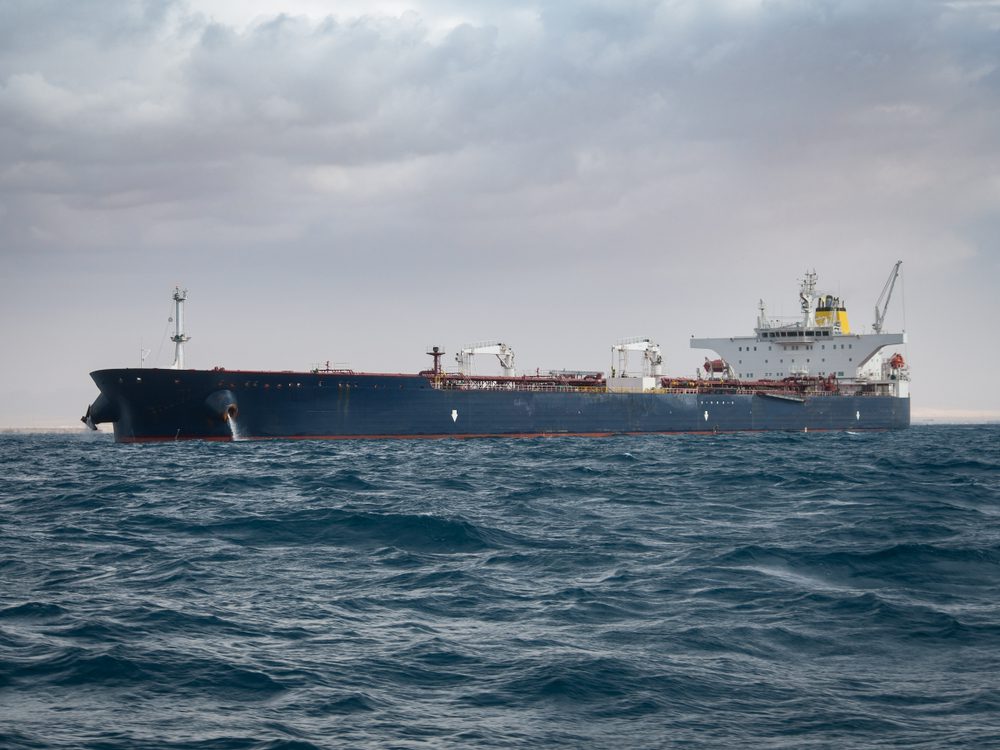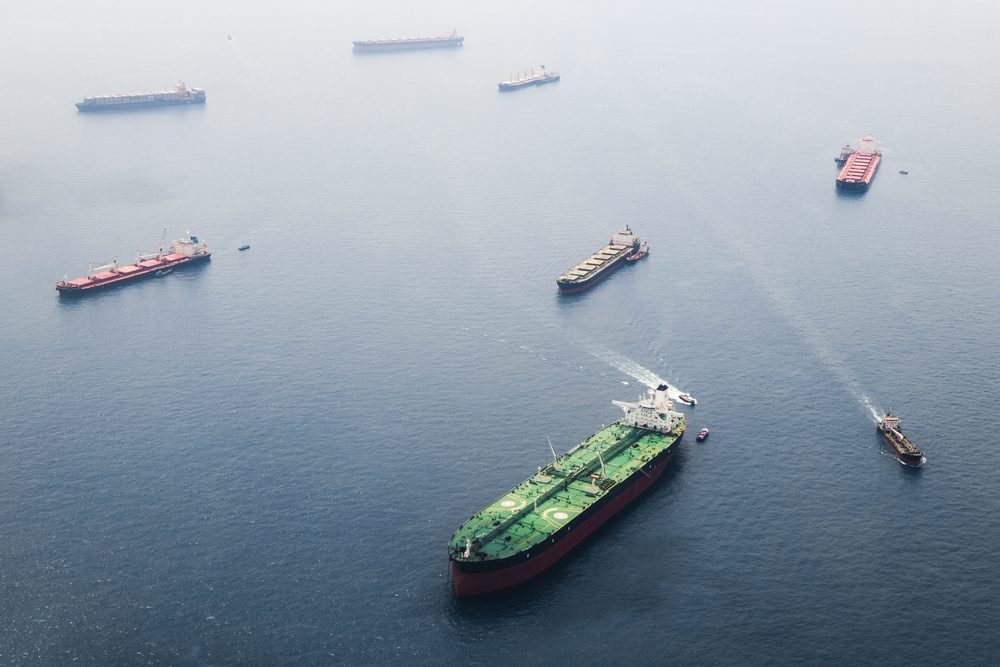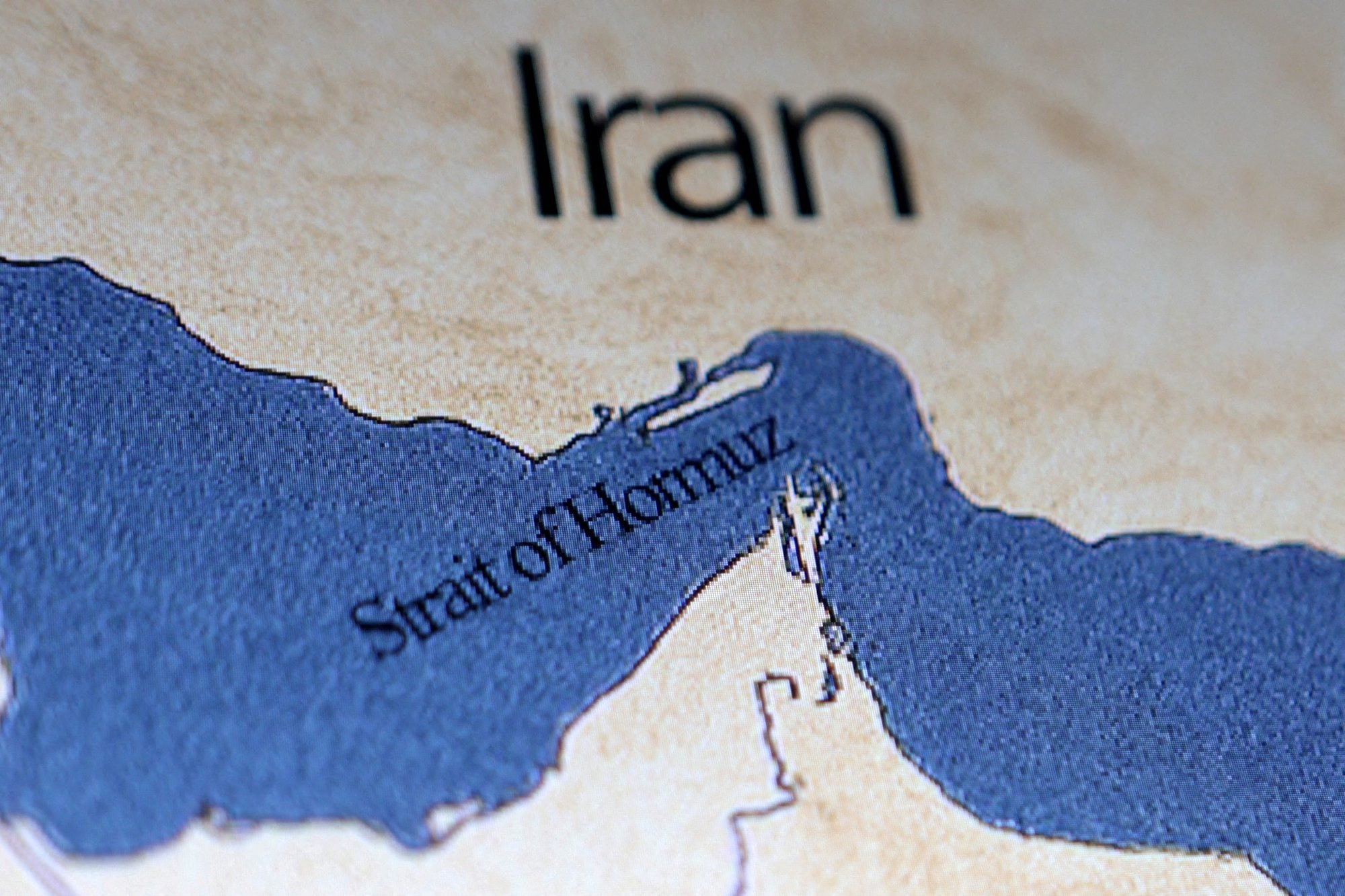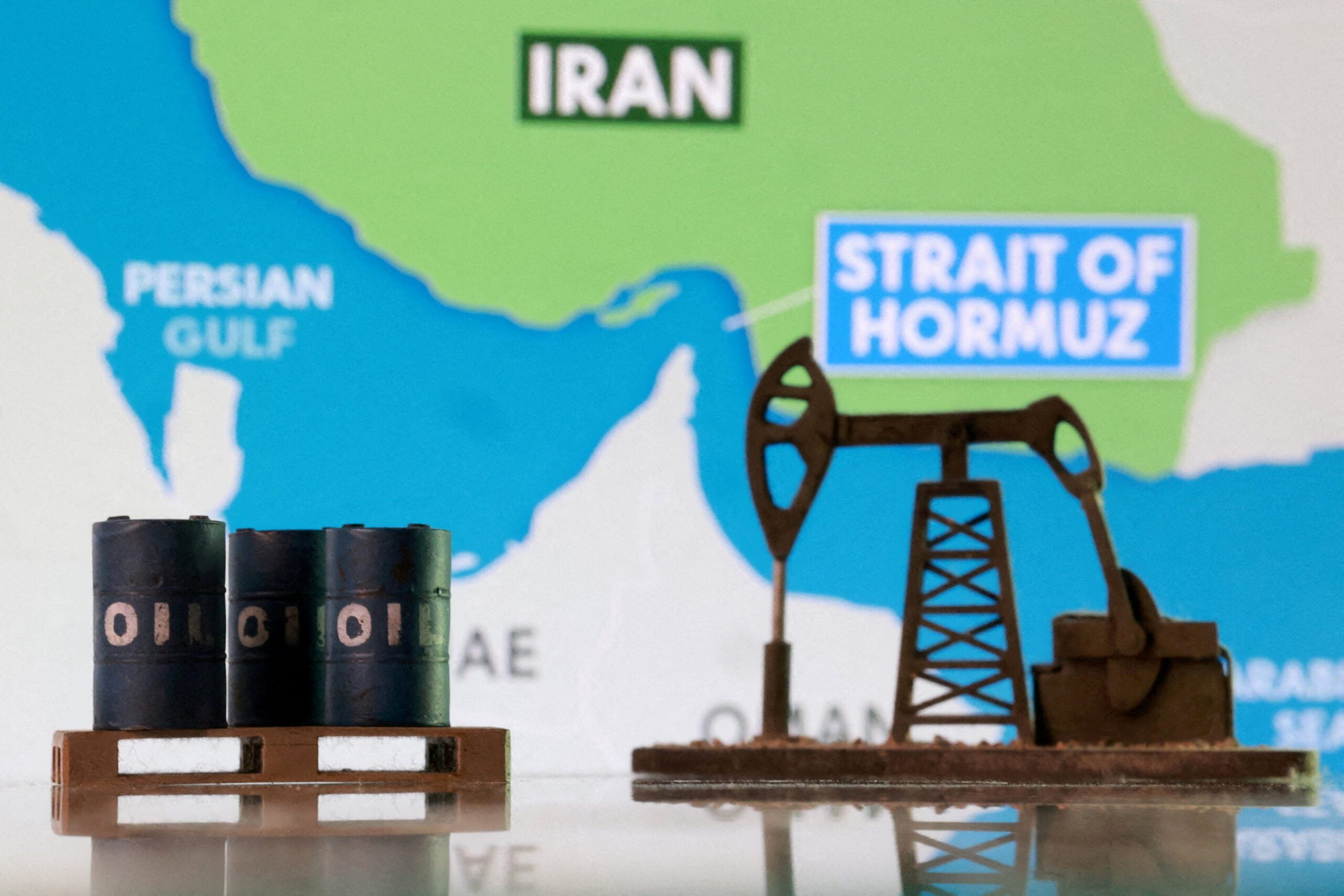(Bloomberg) — Several of the world’s largest ocean-tanker operators said they remained calm but cautious after risk warnings from naval forces for vessels operating in and around the Persian Gulf, the world’s largest oil-producing region.
The risk notices were issued around the same time as US ordered some staff to leave its embassy in Baghdad on Wednesday, and followed threats by Tehran to strike American assets in the region in the event Iran is attacked over its nuclear program.
But officials at four tanker firms, whose fleets can collectively move almost 300 million barrels of oil and fuel, said there’s been little movement in rates since both the UK Navy liaison and the Joint Maritime Information Center warned on Wednesday of heightened risk. The officials, who asked not to be identified due to the sensitivity of the situation, said their companies aren’t making any major adjustments to their operations, but are mindful that the situation could quickly change.
“Shipowners are monitoring the developments closely,” said Jakob Larsen, chief safety and security officer of industry trade group BIMCO. “Military clashes between Israel and Iran would be of the greatest concern to shipping in the Persian Gulf and adjacent waters. While the most likely scenario might not directly impact shipping, any attack will have a certain potential to escalate and impact shipping as well as implicate military forces of other countries operating in the area, including the United States.”
On Wednesday, the UK Navy published a statement warning mariners that there was a heightened threat to vessels sailing through the Strait of Hormuz. The chokepoint is vital as about a quarter of the world’s oil supplies pass through it as they move on to global markets and oil prices soared as much as 5.9% in London.
Likewise, Joint Maritime Information Center, which liaises between military and commercial shipping in the area, warned of chokepoint risks.
“Given the proximity of regional flashpoints to major maritime routes, the potential for rapid escalation involving a maritime nexus should not be discounted,” the JMIC said. “The situation remains fluid and highly volatile.”
BIMCO said a full blown armed conflict — with Israel and US on one side, and Iran on the other — would most certainly “effectively close the Straits of Hormuz at least for a period of time and drive up oil prices.”
© 2025 Bloomberg L.P.
Editorial Standards · Corrections · About gCaptain
This article contains reporting from Bloomberg, published under license.

 Join The Club
Join The Club











